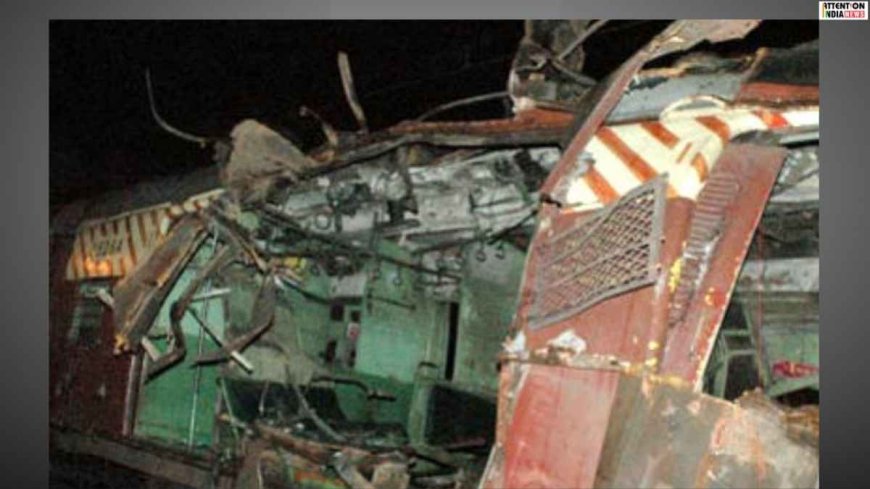2006 Mumbai Train Blast Case: Bombay HC Acquits All 12 Convicts, Cites Flawed Investigation
The Bombay High Court clears all 12 defendants in the 2006 Mumbai train explosions case despite prior convictions and death sentences.

New Delhi (India) July 21: On Monday, the Bombay High Court dismisses a special court decision that had given five suspects in the 2006 Mumbai train explosions the death penalty. It also denies the Maharashtra government's request to have their convictions upheld. All 12 defendants in the case, including those given life sentences, were found guilty by the high court.
Prosecution Fails
Justices Anil S. Kilor and Shyam C. Chandak's special bench questions the reliability of some prosecution witnesses.
The court said, “The prosecution has utterly failed to prove the case against the accused. It is hard to believe that the accused committed the crime.”
The bench also added, "Taxi drivers or other individuals present at the scene did not provide any solid reason for identifying the accused, even 100 days after the blasts.”
They also question the accused's Test Identification Parades (TIPs). The bench said, “The defence had raised serious questions about the test identification parade. Many witnesses remained silent for unusually long periods, some over four years, and then suddenly identified the accused. This is abnormal."
The bench instructed all of them to sign personal bonds of Rs. 25,000 each and ordered their release if they were not needed to be held in any other situation.
Deadly 2006 Blasts
Major explosions occurred at seven points on Mumbai's suburban rail system in 11 minutes on July 11, 2006. It left 189 people dead and 827 commuters injured.
Thirteen accused were taken into custody, but fifteen others, some apparently in Pakistan, were listed as wanted. In November 2006, the Anti-Terrorism Squad (ATS) filed the chargesheet. They cite the Maharashtra Control of Organised Crime Act (MCOCA) and the Unlawful Activities (Prevention) Act (UAPA).
A special court found 12 of the case's defendants guilty in 2015. Seven of them were given life sentences, and five were given death sentences.
The Maharashtra government asked the Bombay High Court to uphold the death sentences after the convictions. The convicted individuals challenged both their convictions and their punishments.
Tanveer Ahmed Mohammed Ibrahim Ansari, Mohammed Majid Mohammed Shafi, Shaikh Mohammed Ali Alam Shaikh, Mohammed Sajid Margub Ansari, Muzammil Ataur Rahman Shaikh, Suhail Mehmood Shaikh and Zameer Ahmed Latiur Rehman Shaikh were given life sentences. Kamal Ansari, Mohammad Faisal Ataur Rahman Shaikh, Ehtesham Qutubuddin Siddiqui, Naveed Hussain Khan and Asif Khan were given the death penalty for planting the bombs.
Sentences Overturned
The High Court determined that the prosecution had "thoroughly failed" to establish its case beyond a reasonable doubt. They stated "non-application of mind."
The bench declared, "It is difficult to say that the prosecution can sustain its charges." They overturned the October 2015 ruling of the special Maharashtra Control of Organised Crime Act (MCOCA) court.
One of the deadliest terror attacks in Indian history occurred in 2006 when seven explosives exploded in first-class compartments on the Western Railway line during peak hours.
Aadrika Tayal

 Aadrika Tayal
Aadrika Tayal 





